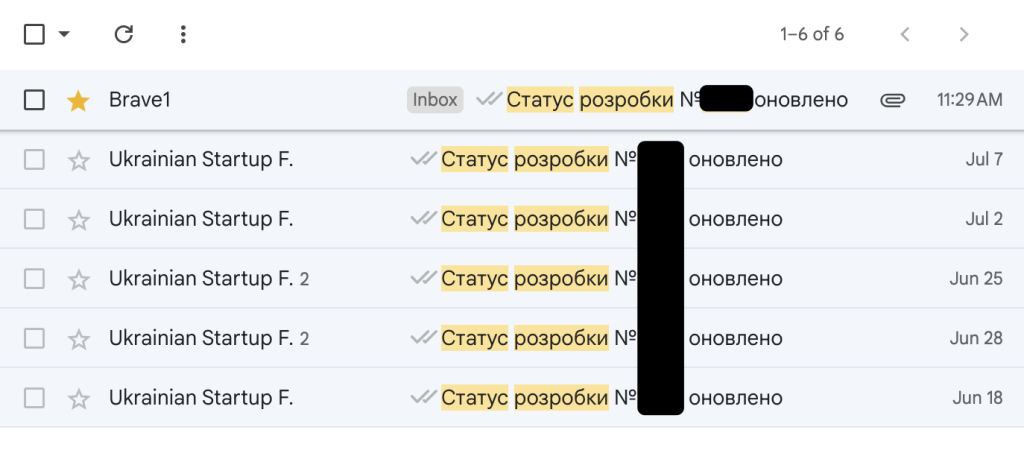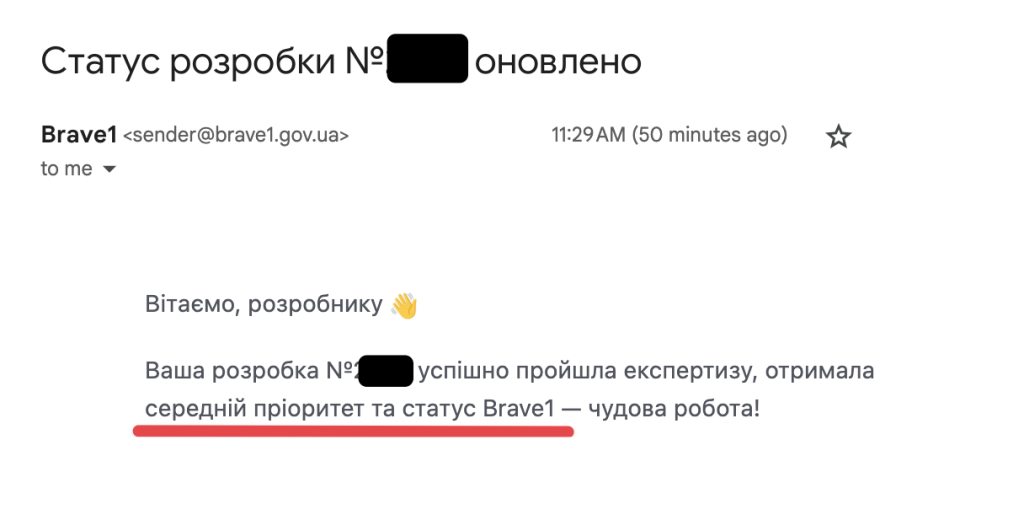Зараз я покажу як знайти сегменти клієнтів, дослідити їх цілі, сформувати ідеї продуктів та комунікаційні повідомлення за кілька хвилин.
Для цього мені знадобиться:
- безкоштовний доступ до Claude,
- мегапромпт, у який я зашив усе, що знаю про фреймворк JTBD,
- та 2 інтерв’ю про тренд «міні-відпусток», які я взяв з американських медіа.
Також ШІ можна згодувати тексти розмов з людьми чи гіпотези з власного досвіду.
На виході:
- аналіз контексту та тригерів для аудиторії,
- головна та верхньорівнева роботи, які має виконувати продукт,
- сегменти клієнтів,
- продукти, проблеми та контраргументи,
- комунікаційні повідомлення.
Це 3 версія. Я задоволений якістю результатів. Хочу зібрати у чатик підприємців, які будуть користуватися методологією, щоб поліпшувати її.
Перші 3 клієнти отримали промпт за 2000 грн, підняв до 3000 грн https://opryshok.com/megaprompt
P.S. ШІ не зробить за вас продуктову роботу. Але ця вправа — старт у правильному напрямку.

